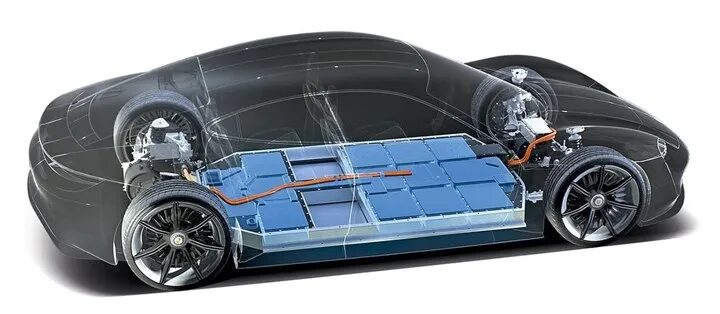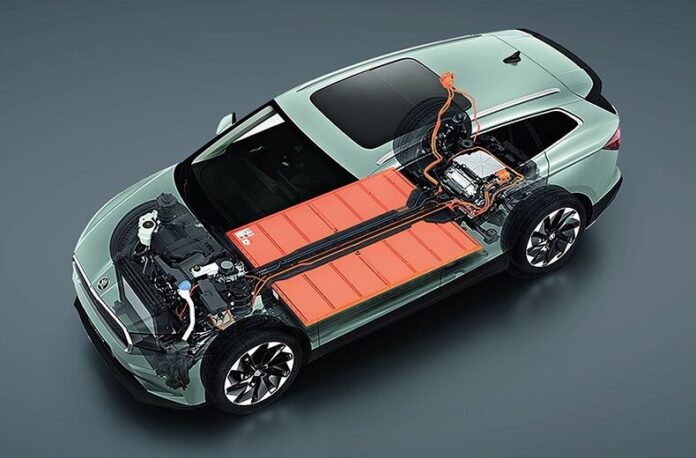One of the biggest concerns for prospective electric vehicle (EV) owners is battery life. As the most expensive component of an electric car, the prospect of battery damage or end-of-life replacement can be daunting, potentially costing tens of thousands of dollars. However, recent research suggests that this concern might be overestimated, particularly with newer EVs.
Battery Replacement Frequency: Research Findings
A comprehensive study by Recurrent Auto examined over 20,000 electric vehicles, revealing that on average, only 2.5% of these vehicles required battery replacements. Unsurprisingly, older models showed a higher frequency of battery replacements. Previous research by Recurrent indicated a replacement rate of 1.5%.

The new study highlights that for EVs produced before 2015, the battery replacement rate stands at 13%, while for vehicles made in 2016 and later, this rate drops to below 1%. The oldest EVs in the study, dating back to 2011, had a 30% battery replacement rate. However, it’s important to note that battery replacement isn’t solely due to age; various factors contribute to this necessity.
Enhanced Durability of New EV Batteries
Batteries naturally degrade over time, but their operating conditions also play a significant role in their longevity. Older vehicles often lack the advanced thermal management systems found in modern cars, leading to quicker degradation of batteries exposed to extreme temperatures. Additionally, newer battery cells feature advanced chemistry, allowing for a higher number of charge cycles.
Recurrent’s research also found that battery packs have increased in capacity by 122% between 2015 and 2022. This means that new EVs start with more battery capacity and, even as they lose capacity over time, can operate for longer periods without requiring a replacement.

Future Prospects: Longer-Lasting Batteries
As thermal management systems and battery chemistries continue to improve, the lifespan of EV batteries is expected to increase further. The development and adoption of longer-lasting lithium iron phosphate (LFP) batteries and the emergence of solid-state batteries could accelerate this trend, offering even greater durability and reliability.
In summary, while battery replacement remains a significant concern for EV owners, advancements in technology and improved battery management are helping to mitigate these issues. The data suggests that modern electric vehicles are more robust and less likely to require frequent battery replacements, making them a more viable and reliable option for consumers. What are your thoughts on these findings? Share your views in the comments below.

